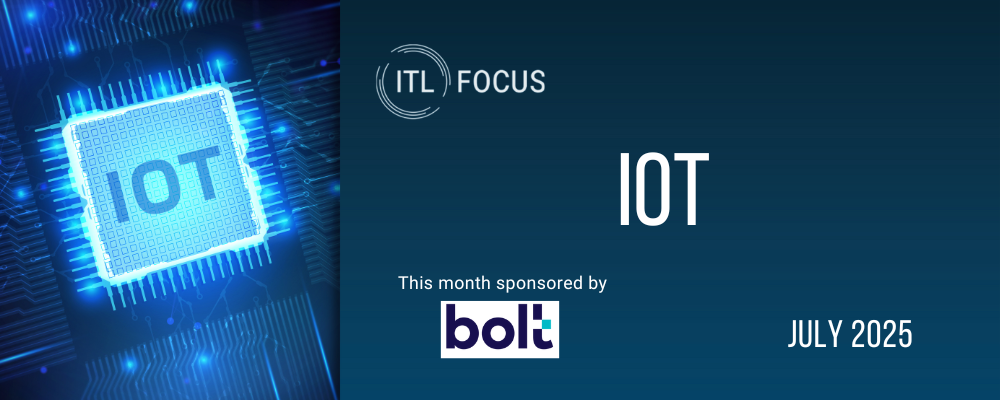The IoT in Insurance event just concluded in Miami with an impressive lineup of 32 speakers over two days (including yours truly). Above all, the event demonstrated that the IoT is alive and well in insurance. Insurers are exploring, strategizing, investing, piloting and putting real value propositions into the marketplace. Most, if not all, of the participants believe that the industry is paddling into a huge wave - those companies that are aggressive will catch the wave and enjoy a great ride. The rest will get swept under. The industry is in for major disruption and transformation over the next three to five years ... and the IoT will play a big role. Although the potential opportunities and threats are vast and varied, a number of important themes emerged at the conference.
Customer Experience Is Key: Customer expectations are a driving force of change. The IoT creates many opportunities to transform interaction with customers: Real-time data enables more active advice and communications, and there is big potential to shift from a few touchpoints a year to daily interactions. Insurers that are already leveraging IoT devices in policyholders' homes, vehicles and businesses are learning how to offer new value.
It's All About the Services, Not the Things: So much cool stuff is happening out there! There are so many new IoT-based companies, devices and services that it is almost impossible to keep up. Insurers need to search out the "things" that make sense and create services around them that are valuable to customers. The Ring doorbell, the Roost smoke alarm battery, the Google/Nest thermostat, the leakSMART water detection device and many others are interesting as separate devices but provide even more value when integrated with an insurance offering.
Behavioral Science Is Increasingly Important: Since the dawn of the industry, insurers have relied on actuarial science to develop and price products and plan for losses. Loss experience has always been king in terms of understanding and evaluating risk. The IoT now provides the opportunity to leverage real-time data and interactions to shape behavior and change the risk equation, with the goal of improving safety and helping individuals live longer, healthier lives.
Ecosystem Participation Is Essential: Insurers are not going to be at the center of the universe in the connected world. In fact, the whole notion of the connected world leads to a blurring and overlapping of traditional industries. Networks of partnerships - ecosystems - are being built around the connected car, connected home, connected agriculture and many other domains in the connected world. Each ecosystem is loosely defined and rapidly evolving - and insurers must determine how they participate and contribute to a particular domain.
Data, Platforms and Standards Form the Foundation: One thing is certain. The IoT generates mountains of data - both structured and unstructured - orders of magnitude more than insurers and others are used to capturing, routing, storing, analyzing and leveraging. Insurers must create standard platforms and new standards for data exchange to avoid yet another set of operational silos.
Innovation Is Mandatory: The possibilities are virtually endless. Many insurance professionals see the possibilities and are dreaming up offerings and services. In the end, the winners will be those that can create a culture of innovation, with a continuing commitment to reimagine the business, and the willpower, brainpower and resources to bring ideas to fruition - quickly.
One last observation: Many are excited about the opportunities for the industry but fearful that insurers will not move fast enough. Innovative start-ups, as well as the global behemoths of the digital age (i.e. Google, Amazon, Facebook), go from idea to implementation in days or weeks. There is the potential that insurers will be relegated to back office administration while others own the customer experience. Despite that fear, it is heartening to see so many insurers making aggressive moves, so many Millennials being given the latitude to innovate and so many partnerships established that would have been unthinkable even five years ago.
The industry is not going to go away, but there will clearly be winners and losers in this era - and probably many surprises along the way.





